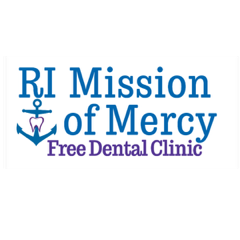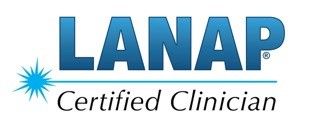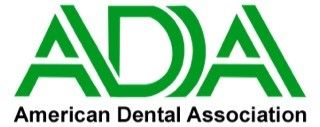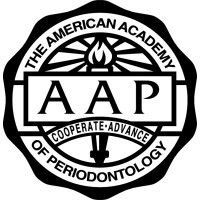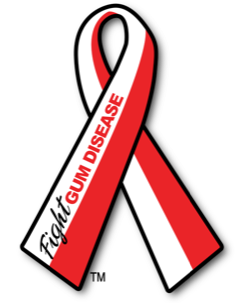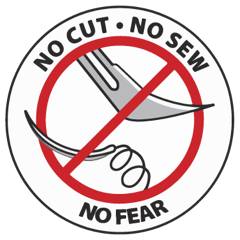Call us!
Essential Post-Surgical Care for Periodontal Procedures
Diet
A nutritious diet is very important for healing. Do not try to eat until anesthesia (numbness) has worn off. High protein foods and liquids are desirable for 3-5 days following surgery. Do not drink through a straw in the first 48 hours. Semi-solid foods may be eaten as long as they are eaten comfortably. Eggs, yogurt, pasta, steamed vegetables, casseroles, and cooked cereals are some things that you might consider eating the first few days following your surgery. Also, avoid nuts, chips, hard bread, tomatoes, citrus fruits, or other crunchy or fibrous foods, which may become caught between your teeth. Please refrain from drinking alcoholic beverages on the day of surgery and while taking pain medication.
Discomfort
Some discomfort may be present when the anesthesia wears off. You have been given a prescription for an anti-inflammatory analgesic. These medications will greatly decrease the possibility of post-surgical swelling and discomfort. You should take Ibuprofen (otherwise known as Advil or Motrin) or Tylenol for any discomfort. You can take these every 4-6 hours up to 4 times per day as needed for the first 2-4 days. Please do not take aspirin or aspirin-containing compounds, such as Midol, Bufferin, or Anacin, as they promote bleeding. You may use the prescription pain medication if you need something stronger than Ibuprofen. You should take all these medications with food in your stomach. If you become nauseous, you should stop taking all medication.
Surgical Dressing
Many times, the surgical area is covered with a periodontal dressing. If a substantial portion of the dressing falls off, it is not essential to have it immediately replaced; however, it should be replaced if the dressing falls off in the first 24- 48 hours. After 48 hours, the dressing can remain off if it falls off on its own as long as you are not uncomfortable. (The area will heal well if you rinse after eating any food.) It is important to keep your mouth as clean as possible. Brush all areas that are not covered by surgical dressing, including the biting surfaces of the teeth and your tongue. THE CLEANER YOUR MOUTH, THE BETTER THE HEALING!
Rinsing
Do not rinse for the first 24 hours. Following this period, you should rinse the surgical area gently but thoroughly with a mouthwash or salt water solution 3-4 times daily. Diluted Chloraseptic or Listerine mouthwash may be used instead of salt water as a rinse and will also provide an analgesic effect on the surgical area.
Swelling
After surgery, the doctor may recommend using ice packs. If you have any swelling, they should be applied for 2-3 hours at intervals of 20 minutes on and 10 minutes off. DO NOT APPLY HEAT DURING THE FIRST 48 HOURS. If you notice that after a few days, pain or swelling is increasing or that you're experiencing elevated temperature, please call our office.
We’re here to help! Simply call (401) 274-2600 to discuss your needs.
Activity
It is best to take it easy for the first 48 hours after surgery. Avoid any strenuous exercise, bending movements, and all aerobic exercise for the next two days.
Bleeding
A little bleeding and discoloration in your saliva is normal for the first 24 hours. If you have an area where the bleeding is persistent, you should apply pressure to the area with a COLD-moistened, non-herbal tea bag for at least 20 minutes. Let yourself rest for 15 minutes, then repeat the application of the tea bag a second time if you still have slight bleeding. If the bleeding continues, please call our office. Remember, most of the blood you may see in your mouth is actually a little bit of blood mixed with much saliva. Blood is a very strong “dye,” and a bit of blood will color your saliva dramatically.
Smoking
Smoking during the week is not recommended because it can irritate the surgical area. Also, the healing of the area will be slowed by the use of tobacco of all kinds.
If any questions or problems occur, do not hesitate to contact our office.
PROVIDENCE LOCATION
Providence Phone: (401) 274-2600
Email: office@periodonticsri.com
Providence Address:
167 Gano Street
Providence, RI 02906
CUMBERLAND LOCATION
Cumberland Phone: (401) 658-2121
Email: office@periodonticsri.com
Cumberland Address:
175 Nate Whipple Hwy
Cumberland, RI 02864
CUMBERLAND LOCATION
Cumberland Phone: (401) 658-2121
Email: office@periodonticsri.com
Cumberland Address:
175 Nate Whipple Hwy
Cumberland, RI 02864
